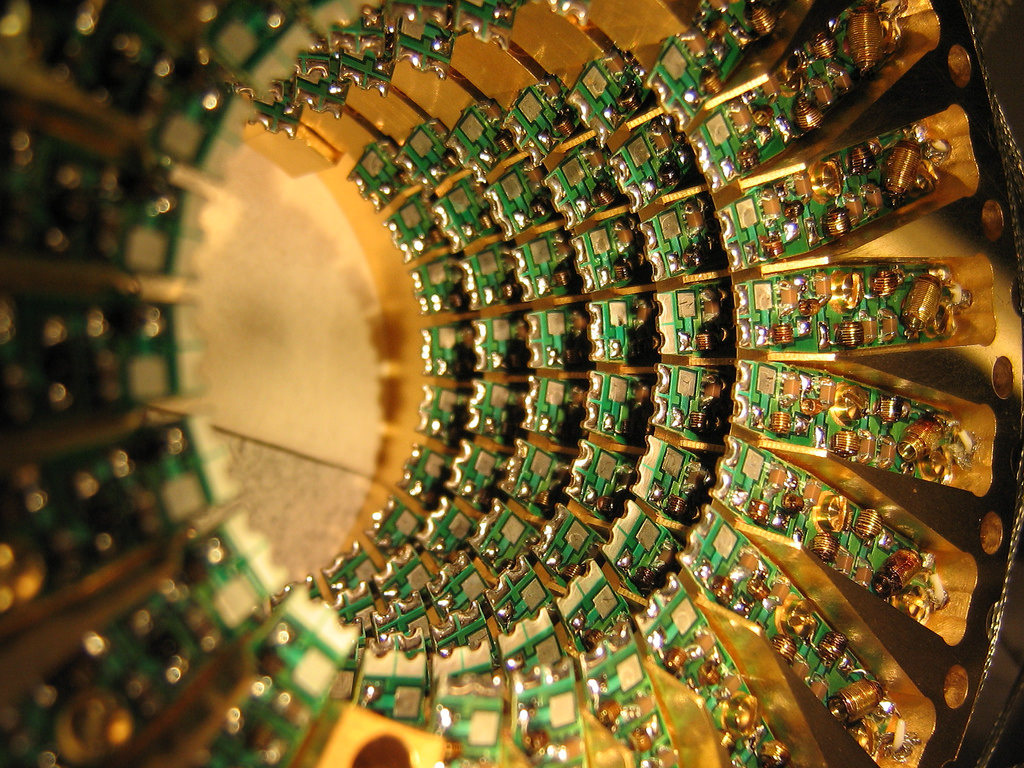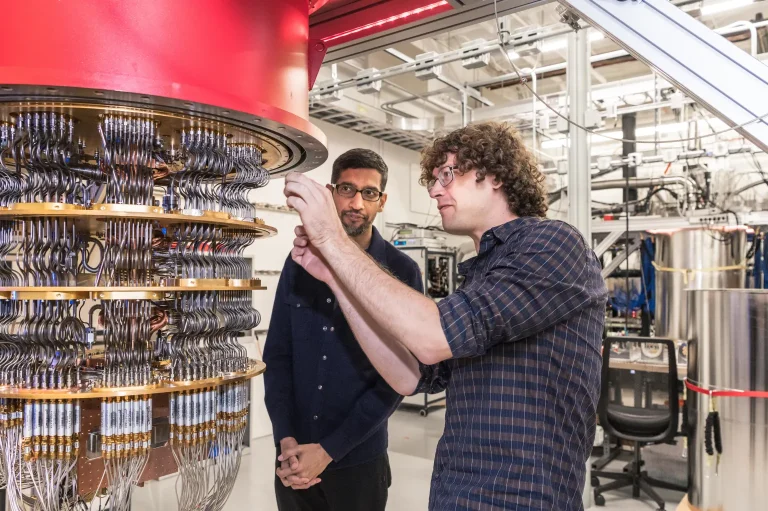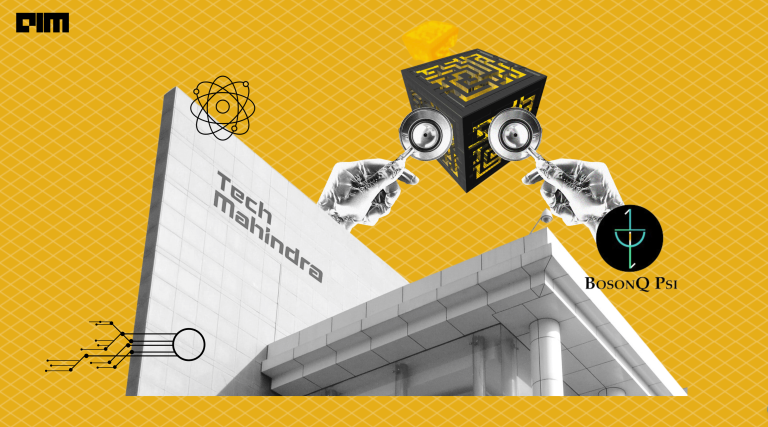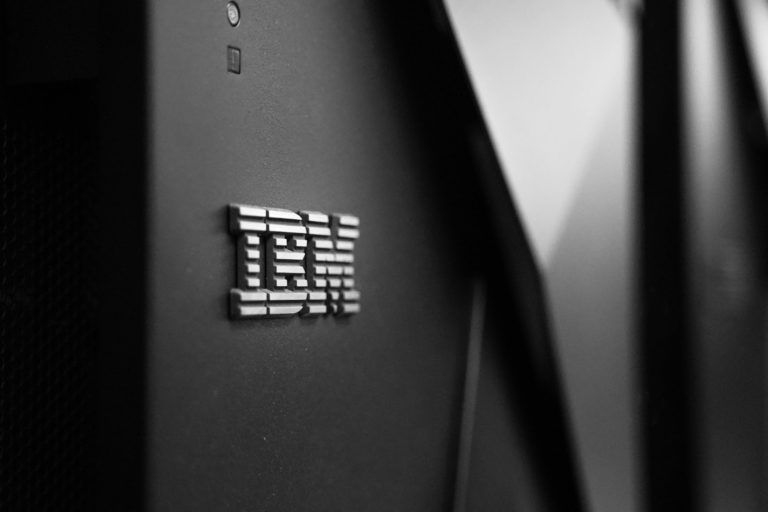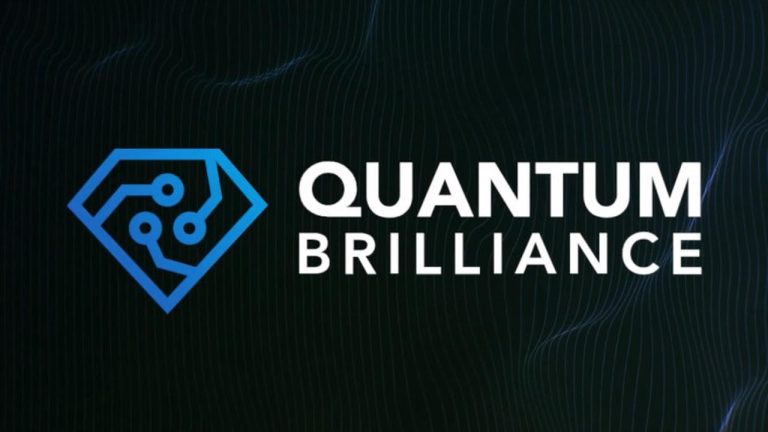Even though the field of Quantum Computing has gained a lot of attention, very few companies have been able to make their own Quantum Computers. We are still very far away from getting a commercial one. Many people from both the Physics as well as Computer Science background have been jumping into this new, challenging field in the market. Although Quantum Computing does require a basic understanding of Quantum Mechanics, it is not a glorified version of the subject.
Here are some pre-requisites of Quantum Mechanics that one needs to know and understand make it big in Quantum Computing:
1.Superposition: Superposition phenomenon forms the very basic idea of quantum computers. It is the ability of subatomic particles to stay in more than one state at any time. This is the main principle of working of a quantum computer. Allowing more than one bit to take a single state makes the functioning of these computers faster since there will be two states at a single instant and hence much more information can be stored at the same time, as opposed to classical computers where one can only store a 0 or a 1.
2.Decoherence: This is the major problem why we do not have commercial quantum computers yet. It is basically the unwanted interaction between a quantum computer and its external environment. Scaling Quantum Computers to a useful size is difficult because of quantum decoherence. Decoherence would mean the quantum system getting back to being a classical one, due to its interactions with the environment.
3.Entanglement: Quantum entanglement is the correlations between parts of the system. They are the induced qubit-qubit interactions. The crucial problem is protecting the quantum computer from the various kinds of noise that could destroy these qubit interactions called quantum entanglement. It is difficult to maintain the entanglement because entanglement between pairs of particles is very delicate and can be broken easily. This is another one big difficulty in making a Quantum Computer.
4.Linear algebra: Contrary to using binary logic for either of bits 0 or 1 in classical computers, quantum computers use linear algebra at large. A lot of Quantum Computing is linear algebra and one needs to be very thorough with it to understand Quantum Computers. The whole of Quantum Mechanics works on Hilbert Space and the math of QM is just linear operations on Hilbert space. matrix, transpose, conjugate transpose, linear combination, basis, eigenvalue, eigenvector, inner product, matrix power series, matrix exponential are all essentials of Quantum Computing.
5.Classical Mechanics: Before even setting out to learn Quantum Mechanics for Quantum Computers, it is essential that the fundamentals are clear. Those fundamentals lie in classical mechanics. You must know what basic terms like energy, momentum, energy, acceleration mean because they are going to interfere a lot with your Quantum Mechanics study. It would also help if you are good with probabilities at a good level as QM is the generalization of probability theory. Instead of using probabilities it uses numbers called amplitudes.
6.Quantum Fourier Analysis: Quantum Fourier Transform differs from the classical one is that it operates on a superposition state. It operated fourier transform on the amplitudes of the fourier states. It is an important transformation in Quantum Computing. It is a linear transform on qubits.
7.Many-body systems: A study of many-body systems is important because entanglement depends on it. A study had shown that a deep understanding of quantum chaos in many body systems will allow a better functioning on Quantum Computers. It is also necessary to understand the limitations in quantum computing.
Outlook
Quantum Computing is essentially is a merging of Quantum Mechanics and Computer Science. But more high-level concepts like Quantum Field Theory and Group Theory will enhance the understanding of the subject. This field in the near future will have more software experts in demand compared to hardware. D-Wave’s software tool opensource called qbsolv is helping programmers with zero a background in quantum computers to develop quantum applications for D-Wave systems. Theoretical Computer scientist of MIT, Scott Aaronson summarises it the best. He said in one of his TED talks, “Quantum Mechanics, contrary to its reputation, is actually really simple, once you take all the Physics out.”


